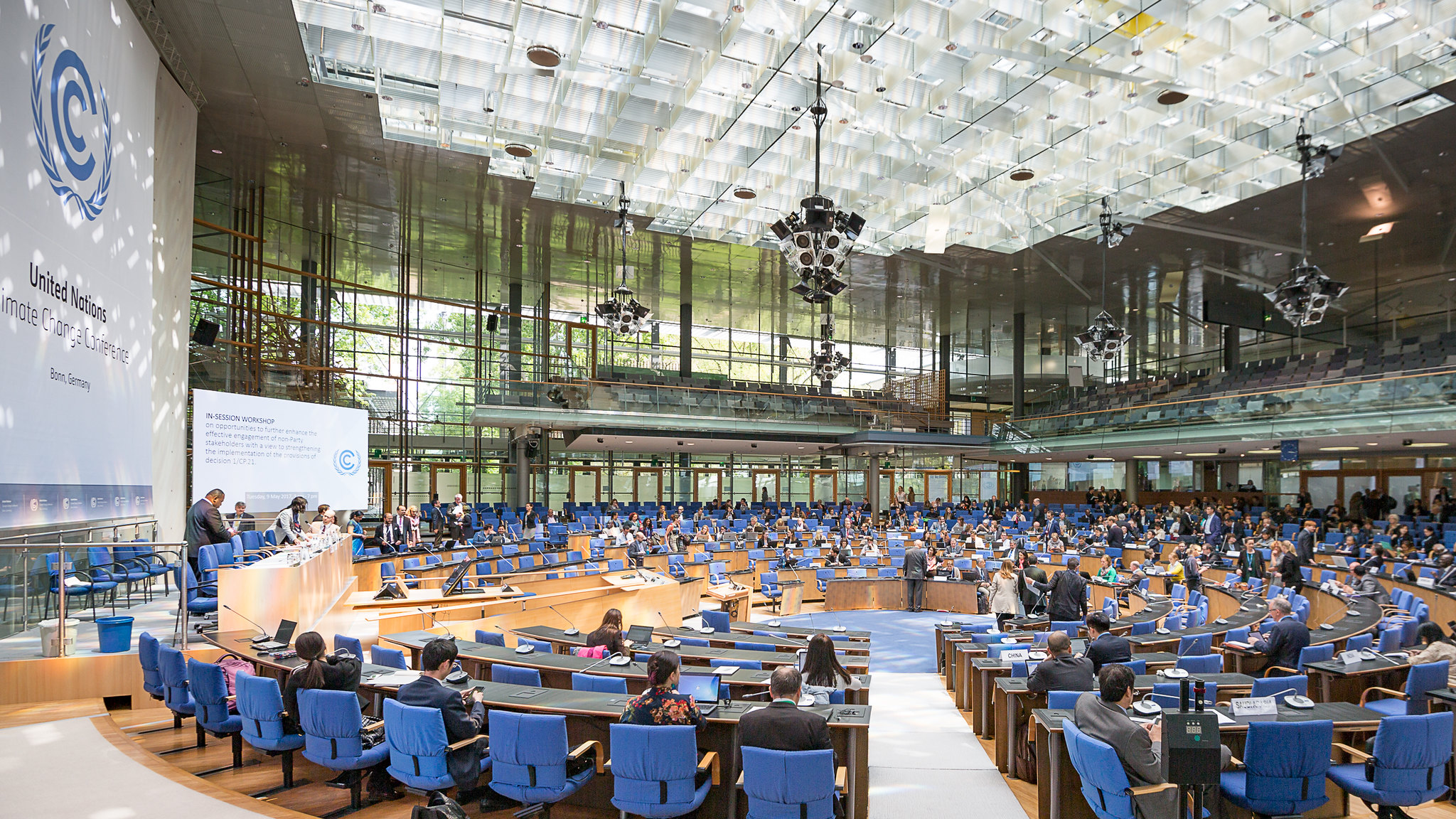On April 16, the G7 met for a one-hour virtual meeting to discuss measures to address the coronavirus pandemic.
U.S. News reported that this session was “a follow-up to a March 16 video conference, the first time G7 leaders had met in that format, to go over efforts to defeat the coronavirus.”
That article adds, “in addition to the meeting this week, another session is expected in May to lay the groundwork for the June video conference.”
The G20 has also had a video conference call, gathering virtually on March 26. These meetings appear to be leading to significant decisions.
The media statement from the prime minister of Canada was headlined, “productive G7 Leaders’ meeting on COVID‑19.”
And following the G20 meeting, Al Jazeera reported that “leaders of the Group of 20 major economies pledged to inject $5 trillion in fiscal spending into the global economy to blunt the economic impact of the coronavirus and ‘do whatever it takes to overcome the pandemic.'”
The statement from that G20 summit concluded, “We stand ready to react promptly and take any further action that may be required. We express our readiness to convene again as the situation requires.”
And yet, these world leaders don’t appear to be standing ready to take action to address the crisis of climate breakdown.
The United Nations COP26 climate summit that was to begin on November 9 in Scotland has now been postponed until October 2021.
Significantly, Reuters has previously reported that “the [Paris] agreement enters a crucial implementation phase in 2020, when countries are supposed to ratchet up their ambitions ahead of the next major round of talks in Glasgow.”
And the Associated Press has cautioned, “So far, the world is on course for a 3- to 4-degree Celsius rise, with potentially dramatic consequences for many countries.”
Clearly there’s an urgency to addressing the climate crisis too. Why not have a special COP26 leaders call and agree to take bold action?
Furthermore, if the G20 were to meet again, perhaps they could remember the G20 Leaders Statement that emerged from their summit in September 2009.
More than 10 years ago, they promised: “To phase out and rationalize over the medium-term inefficient fossil fuel subsidies while providing targeted support for the poorest.”
That statement also emphasized that “inefficient fossil fuel subsidies encourage wasteful consumption, reduce our energy security, impede investment in clean energy sources and undermine efforts to deal with the threat of climate change.”
In 2017, the United Nations even posted a plea from “investors and insurers with more than $2.8 trillion in assets under management” to the G20 “to phase out fossil fuel subsidies by 2020 in order to accelerate green investment and reduce climate risk.”
And yet the International Monetary Fund says that Canada provided almost $60 billion in subsidies to the fossil fuel industry in 2015.
And more is reportedly on its way for “the struggling oil and gas sector.” The Globe and Mail has even reported that the federal government could be considering a $15 billion bailout.
In response, numerous environmental groups have launched online petitions — including this one from 350.org — that says, “Bailing out Big Oil in the midst of a global crisis will accelerate our path to climate catastrophe.”
Frans Timmermans, executive vice-president for the Green Deal at the European commission, has commented that “bailouts should all be linked with clear conditions that the money will be used for a green economy and a green society. The very least that should be done is to ascertain that none of our commitments are used to harm our climate goals.”
World leaders should commit to addressing the climate crisis and hold a virtual COP26 summit that advances the imperatives of climate justice. The pandemic has taught us that both virtual summits and dramatic action are possible.
Brent Patterson is a political activist and writer. You can find him on Twitter @CBrentPatterson
Image: UNclimatechange/Flickr




